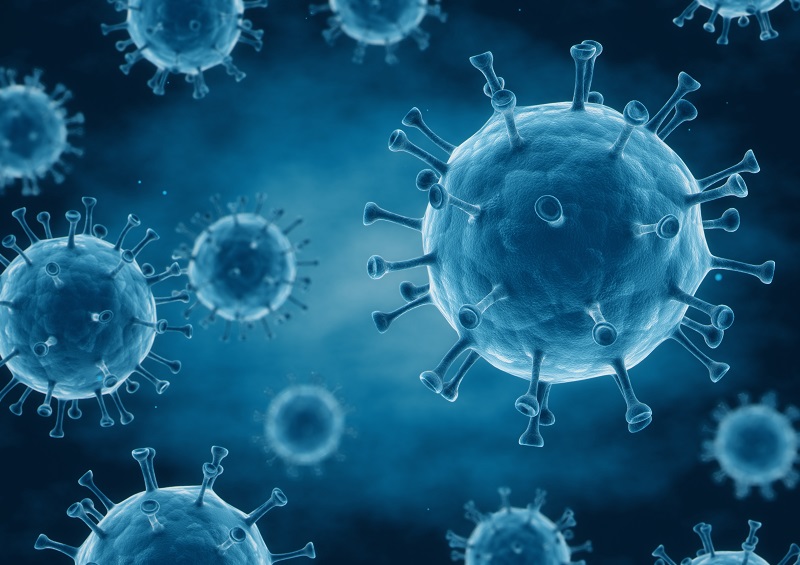Most current oncolytic viruses are engineered for selective recognition of cancer cell, although there are naturally occurring examples (e.g. reovirus), number of different viruses are used in clinical trials (adenovirus, vaccinia, etc.).
These viruses preferentially attack cancer cell, which are than destroyed by oncolysis and release viral particles to kill the remaining cancer cell. The viruses not only kill cancer cell, but also can stimulate the anti-tumour immune response.
In all the preclinical and clinical stages there is a need for virus particle detection (bio-distribution) or just virus quantification or monitoring of nucleic acid stability (no mutation occurrence). And PCR based techniques are method of choice for this purposes.
In-house method development
Due to an R&D expertise GENERI BIOTECH is able to provide detection method development, production the assay in our manufacturing facility or do the sample analysis in our cGLP laboratory. All the process is under one roof and very easily controlled and therefore our price should be competitive what should also be interesting for our customers.
But what interesting are we doing now?
Case study report
We make determination of ONCOS-102 oncolytic virus for the Norwegian company Targovax. Clinical Trial SP015 (Eudra CT: 2015-004314-15) is a Phase I/II, single-arm clinical trial to evaluate the safety and immune activation of the combination of DCVAC/PCa, an active cellular immunotherapy, and ONCOS-102, an immune-priming adenovirus, in men with advanced metastatic castration-resistant prostate cancer. This clinical trial has started in May 2018. (https://www.sotio.com/clinical-trials/prostate-cancer-clinical-trials/phase-i-ii-clinical-trials).
This is the first clinical trial of this type not only in the Czech Republic but also in Central and Eastern Europe. By PCR, we measure the small amount of the virus in various matrices, such as blood, urine, stools, injection site swabs and buccal swabs.
Targovax is developing a cancer immunotherapeutic technology with a targeted mechanism of action, making tumors visible to the immune system and educating the immune system to recognize and attack patient specific tumor cells. The technology is based on adenoviruses engineered to kill tumor cells primarily via activation of a systemic, patient-specific anti-tumor immune response.
Oncolytic virus therapy
This technology is designed to enhance immunotherapy by:
- Strengthening response in known immunogenic tumors by enhancing already present T cell responses through powerful co-stimulation.
- Expaning immunotherapy to less immunogenic tumor types by educating the immune system to recognize and attack tumors in patients with little or no pre-existing functional anti-tumor immune activity.
(https://www.targovax.com/Technology/Virus-based-Cancer-Immunotherapy/default.aspx)
We are GLP and GMP certified laboratory and we have equipped laboratories for working with GMOs and therefore we are able to analyse genetically modified organisms in different types of samples.
Published by: Vojtěch Vejvoda
April 2019
E-mail

 gb PCR Špičky s filtrem
gb PCR Špičky s filtrem 
